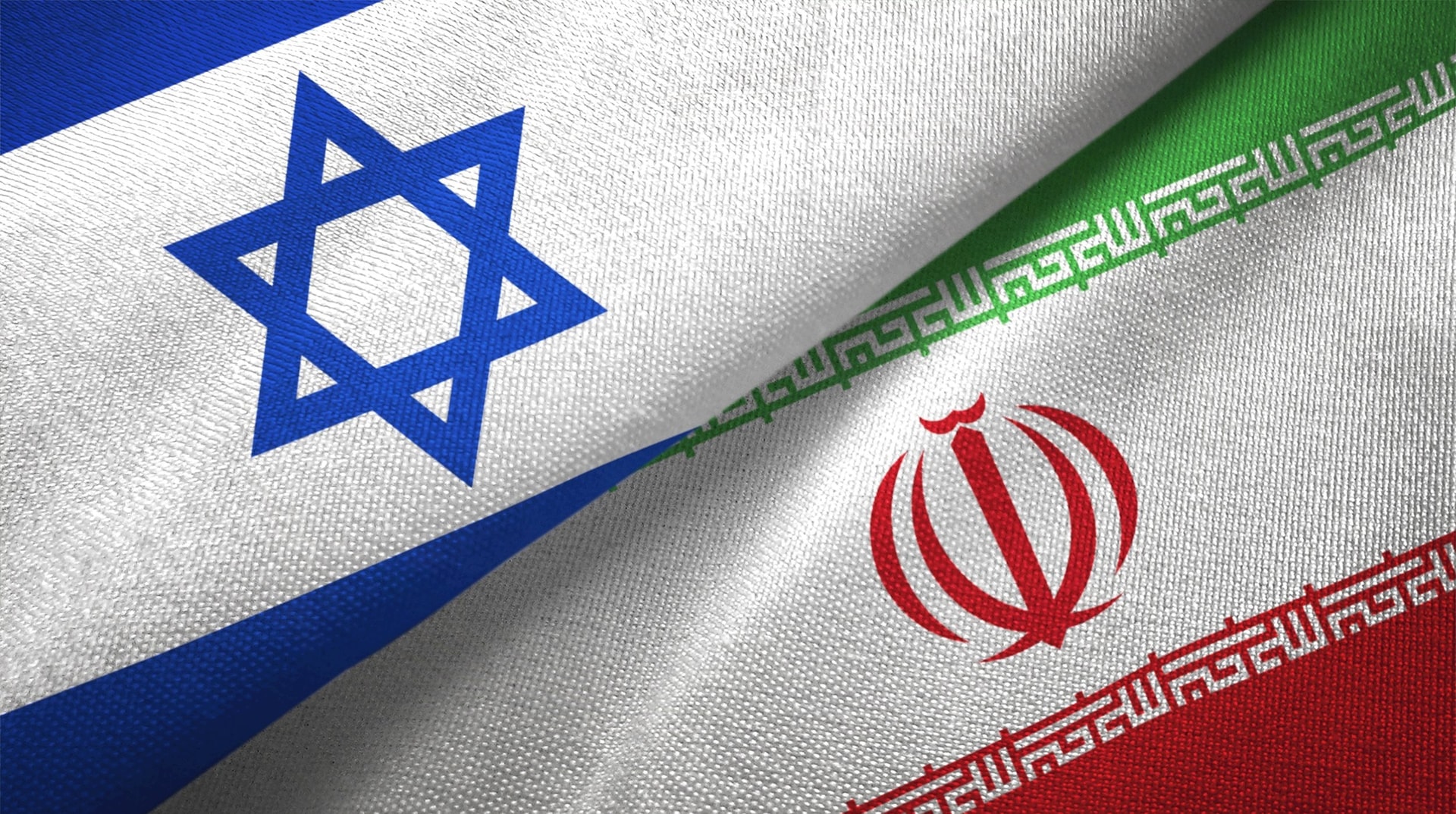Iran warns Israel of possibility of 'large-scale war'
Israel risks triggering a large-scale war if it continues its military attack on Tehran, Iranian Foreign Minister Abbas Araghchi told Chinese media, stressing the country's commitment to diplomatic efforts and its full readiness to respond to any aggression.

Specifically, Mr. Araghchi said, in a December 2024 interview with China's CCTV, which aired on January 4, that the long-standing conflict between Israel and Iran, which has escalated into several direct military confrontations over the past year, is likely to spiral out of control unless diplomacy prevails.
"We are fully prepared for the possibility of further Israeli attacks," Mr. Araghchi said. "I hope Israel will refrain from such reckless actions, as it could lead to a large-scale war."
"We believe that reason will ultimately prevail and prevent actions that could have serious consequences," he added, stressing Iran's commitment to working with regional and international allies, including China, to reduce tensions and pursue peaceful solutions.
Although the Tehran-aligned Houthi forces have launched multiple ballistic missiles at Israel in recent weeks and the Israel Defense Forces (IDF) has struck Yemen in response, the most recent direct clashes took place in October. During that confrontation, Israel carried out a large-scale airstrike against Iranian radar and air defense systems in retaliation for an Iranian ballistic missile attack on Israel. That attack was Iran's response to the assassinations of key figures allied with Tehran, including Hamas political leader Ismail Haniyeh in Tehran and Hezbollah leader Hassan Nasrallah in Beirut.
Earlier, in April 2024, the two sides exchanged fire after an Israeli airstrike on the Iranian consulate in Damascus, Syria, killed two Iranian generals and several officers of the Iranian Revolutionary Guard Corps (IRGC). In response, Iran launched more than 300 drones and missiles in an unprecedented direct attack on Israel.
Recent developments in the Middle East, including the fall of Syrian President Bashar al-Assad and the significant weakening of Hezbollah, have changed the strategic balance in the region. Israeli and US officials say Tehran is increasingly vulnerable, sparking discussions about the possibility of preemptive military action.
The Israeli Air Force reportedly increased its operational readiness in December 2024, taking advantage of the disabling of Syrian air defenses to access Iranian airspace unhindered. Israeli defense officials assess that the current conditions create a strategic opportunity for a potential attack.
Last month, US President Joe Biden reportedly convened a high-level meeting to discuss possible military action against Iran, amid concerns that Tehran could accelerate its nuclear weapons development due to its weakened regional position.
Iran has consistently denied pursuing nuclear weapons, insisting that its nuclear program is for peaceful purposes only. In another interview published on January 2, Araghchi reiterated Tehran's stance on peaceful nuclear energy, stressing that negotiations could still take place if Iran was treated "with respect."
"The more sanctions and pressure are imposed on Iran, the more Iran will resist," Foreign Minister Araghchi said, warning that coercion would not work. He specifically referred to the "maximum pressure" policy implemented by the US during President-elect Donald Trump's first term.


